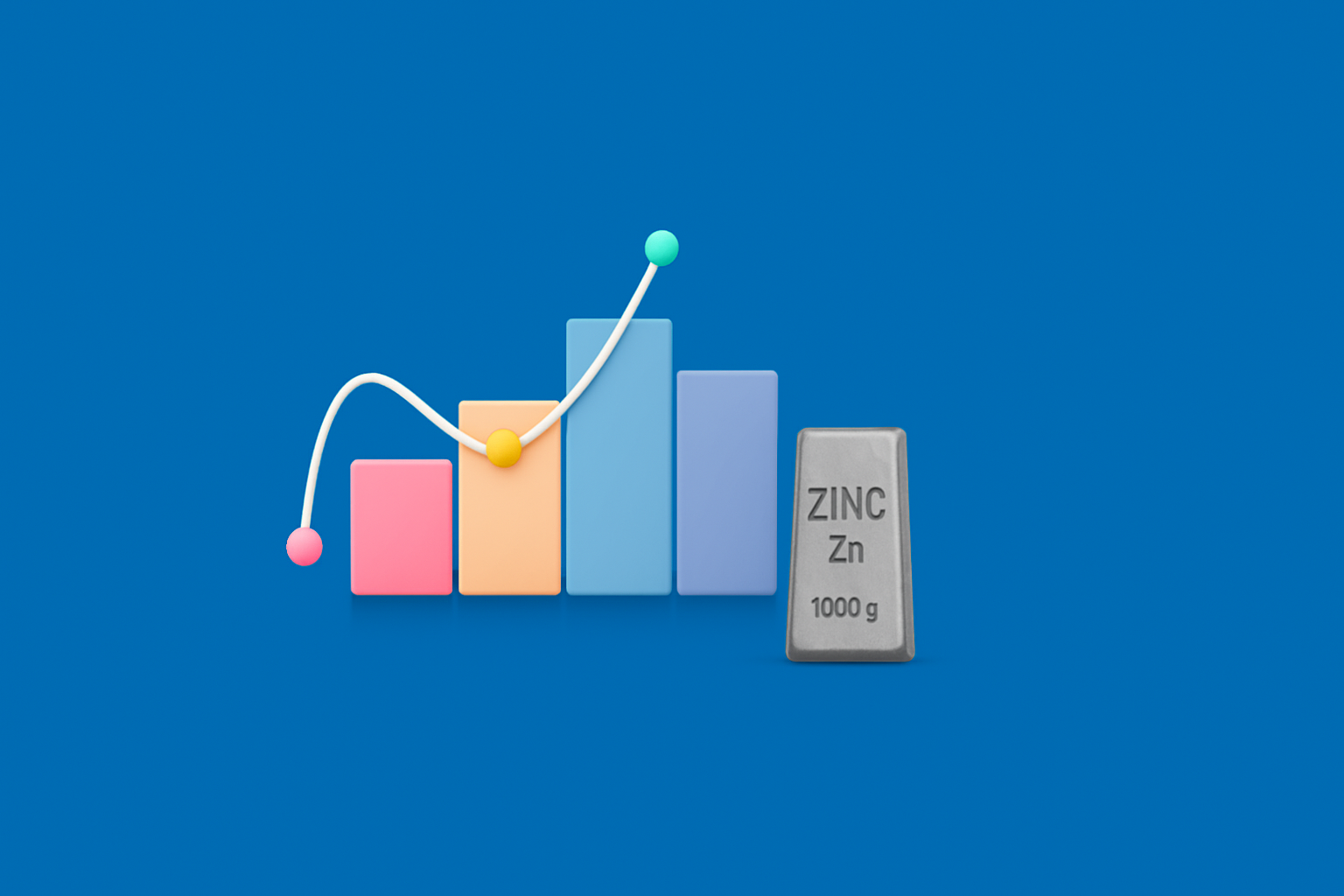Lowest Brokerage Charges of Demat Account in India

- Published Date: March 16, 2022
- Updated Date: October 08, 2025
- By Team Choice
Investing, trading, holding, and analysing market assets are all easier and more efficient with a Demat account. A Depository participant's (NSDL registered Securities Company) first and most crucial obligation is to provide customers with peace of mind. With the advent of modern technology, an investor doesn’t need to go through an arduous process involving paperwork, physical handling calls or even providing instruction to an agent, all he has to do is get on the app on his phone, open up a stock option of his choice analyse and summarise through all the data available.
Charges related to a Demat Account
These days it is easy to open a Demat account from almost anywhere; be it from your bank or a registered depository partner, these establishments offer online verification of documents and 24hr support which were unheard of in the past. However it's almost impossible to get something for nothing and in the case of a Demat account, an investor needs to pay some charges. The charges can be of many types namely:
1. Account opening charges
2. Annual Maintenance Charges (AMC)
3. Nominal Transaction charges on trades
4. Security Deposit
Now let’s try to understand each of these,
Open a FREE Demat Account in 5 Mins.
- Free AMC for First Year
- Low DP Charges (₹ 10)
- No Auto Square Off Charges
- Free Research Calls
1. Account Opening Charges
In the past, Demat account opening charges ranged anywhere between 700-900 rupees, but even then investors would be flocking in but over time the number of account opening slowed with the market slowing down, with the advent of a new era. Nowadays the Demat account opening charges levied by the Depository Participant (DP) are either nominal or Nil. Brokerage firms and banks make it a point to offer it as an incentive for opening two-in-one accounts or three-in-one accounts. Such accounts make it extremely easy for beginners and casual investors to trade or simply invest in the stock market.
2. Annual Maintenance Charges
Annual maintenance charges are levied from the opening date of an account and cycle of one year to that day every year. Annual maintenance charges differ from one depository partner to the other; there can be various offers available for the customer. However, with a number of DPs competing with each other to lure customers, many of them have waived off AMC charges for the first year and initiated billing from the second year only. The DPs under banks normally have differential rates of AMC.
3. Transaction Charges
The goal of dealing in stocks is to make a profit out of it, and the services provided by the depository partner sure make earning money more accessible. Your DP, for its services in helping you earn money, charges a nominal fee as dp transaction charges. You will have to pay this per transaction fee each time financial securities come in or go out from your Demat account. Some depository partners may charge either on a monthly scale or maybe on a usage basis. Obviously, the rate of charge depends and differs from one company to another.
4. Security Deposit
Sometimes called as Custodian fee/Safety charges is a one-time charge that is levied on the investor for maintaining a Demat account with the depository partner, in recent times custodian fees are a thing of the past and are not usually levied. Many depository partners may or may not take a security deposit for the specific account during the opening phases.
Brokerage Charges of Demat Account
Now coming to the most important charge of operating a Demat account is its brokerage charges. In simple terms, brokers here are the securities company (middlemen) who facilitate the buying, and selling of stocks, derivatives, and other market assets and the charge levied for these services is called brokerage charges. The fee for the broker is conditional and each depository partner has a different brokerage model. There are namely 3 types of brokerage charge formats available in India:
- Brokerage in the percentage of Trading Volume
- Flat per trade brokerage
- Monthly Unlimited trading plan
Lowest Brokerage Charges of Demat Account In India
Several depository partners are available for an investor to choose from, every DP has its own models of providing service to its user base. These days it’s mostly which brokerage firm has the best & latest tech to provide that gets an upper hand in attracting users to its platform. The new-age investors look more towards efficiency than affordability. Thus attracting this young crowd is of paramount importance to DPS. Seasoned investors have a different outlook, with more focus on getting the most support for their heavy transactions. DPs today provides specific customer-centric service.
There are many DPs available to choose from; each has a different way of customer handling. Thus to get the best package for your Demat account it's best to look up the specifics before getting into business with any of them. A brokerage percentage can range from 0.5% per transaction all the way up to a premium charge for a large transaction.
Wrapping Up
In the modern world, online trading provides ease of access but it is always suggestible for an investor to look up and compare the knicks and knacks of any and all DPs before opening a Demat account with them because closing a Demat account is vehemently harder than opening it.
Now in my opinion it is best to open a Demat account through your bank because it allows faster and safer transactions directly to and from your account but a good Securities Company can be a boon for an investor as they can provide the investor with market insights and data like no other. Always remember investments are subject to market risks, it is imperative to read all scheme-related documents carefully or if you are not sure have them verified by a professional before committing any resources.
Recommended for you

How to Bid in An IPO?

FII DII Data - Live Data

Why ESG Matters for India’s Growth Story
